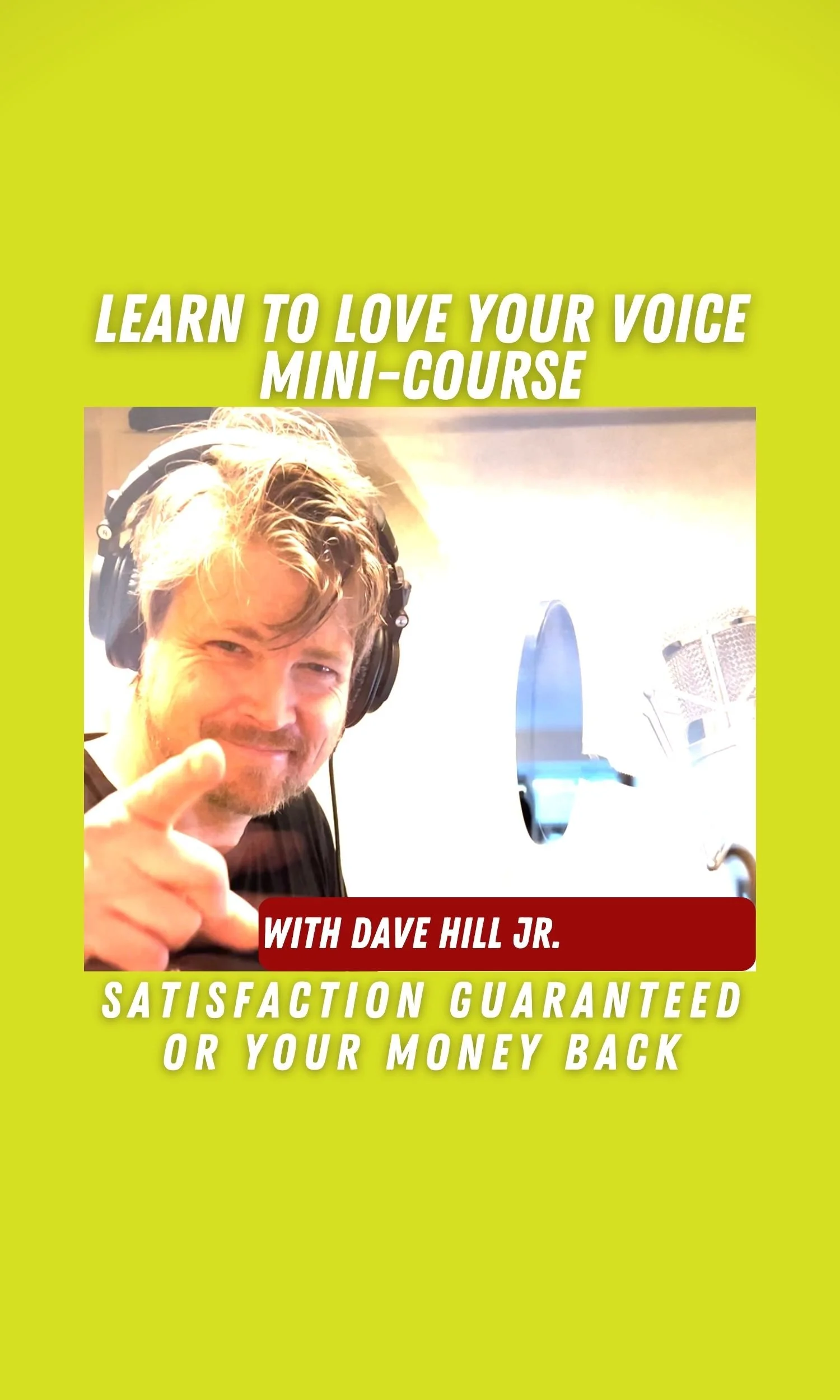The AI Myth: Why the Future of Music Is Still Human
Would you hire a robot to play golf for you?
Would you hire a robot to play golf for you?
That’s how I feel when people say AI is going to “replace” musicians. Sure, maybe the robot could hit the ball straighter, but it would miss the outdoor walk, the trash talk, and if you play better than I do, the fist bumps. The fun is you showing up—flaws, glory shots, and all.
I’m old enough to have lived through dozens of “game-changing” technologies. Most never live up to the hype and, almost without fail, they bring consequences we couldn’t see coming. I’d bet my vintage Ludwig snare drum that AI will follow this same path.
Let’s be clear: I think AI is dangerous in some ways. It needs regulation—fast. Even Bill Gates and other surprising voices agree. Comparing AI to nuclear energy isn’t that far-fetched. But history shows we’ve done a terrible job regulating tech—just look at how social media evolved before anyone knew how to handle it.
That’s why my take is: get to know the tool, don’t deny it exists.
Steve Nalepa and I discuss how we are thinking about AI and music making in 2025.
We’ve Seen This Movie Before
If you’ve read the book: How Music Got Free, you know the record industry had a chance to embrace digital music early. Instead, they clung to the insanely profitable CD model—cheaper to make than vinyl but sold at a premium—and tried to shame and sue people for using MP3s. That resistance didn’t save them; it just delayed the inevitable.
The fortepiano once put orchestral players out of work. Drum machines caused panic for drummers. MIDI replaced some live players, too. And yet every one of those tools also gave birth to music we’d never heard before.
I think AI will do the same.
If you’re making generic, copycat background music, AI will probably replace you. But if you’re creating music with heart and soul, AI can be a collaboration partner, idea spark, and studio assistant. If that makes me uncool, well, I’m 54—that ship has sailed.
Why AI Can’t Replace the Artist’s Journey
Here’s where AI will fail, just like every other tech that tried to fake human expression:
AI can’t express my emotions.
AI can’t feel my goosebumps.
AI won’t make the mistakes that lead to better art.
AI won’t sense when I’m about to take the song somewhere new.
AI can’t read the room during a live show.
“The more perfect AI gets, the more boring it will become,” I say!
Humans are fascinated with imperfection—that’s why we go to live shows instead of streaming the concert in perfect HD. We crave the risk of failure, the banter between songs, the look in the artist’s eyes.
And let’s be honest—we often connect with the artist’s story as much as the art itself. Without Michael Phelps’ backstory, would we have cared so much about all his gold medals?
AI won’t give you that story. An artist using AI might.
What AI Can Actually Do Well (So Far)
Answer technical questions at 3am. If I need a quick mixing tip or a deep-dive explanation of an obscure plug-in, AI’s faster than searching forums.
Give feedback on song structure or production. I’ve tried Suno. It’s okay, but I haven’t been that inspired to listen on repeat. After talking with Steve Nalepa (see video discussion above), I tried his Kadence AI to get song structure and direction for what I need to learn. One powerful example is that I asked Kadence to compare two songs and noticed that there is very little space and that I could have greater contrasts in between sections. This kind of feedback is hard to get from friends, so I found it great for keeping my creative momentum.
Offer lyrical ideas. Like a supercharged rhyming dictionary, it can spark a phrase you’d never have thought of. But for me, lyrics only click when I sing them with the music. Some of the best lyrics don’t even rhyme. I also like to think about how the words taste when I sing them. AI can’t tell me this.
How Steve Nalepa Uses AI
Steve treats AI like a support musician: Kadence gives you feedback on your mix, arrangement, and stylistic tweaks you can make. It’s great for tech questions and mixing tips or improving your song structure, but it’s never the lead songwriter.
Say Yes To Our Mess
For me, goosebumps are the ultimate quality check. I don’t think an algorithm will ever be able to give us goosebumps like our own creation or self-expression. To me, the magic of music still lives inside our experience of creation.
Getting lost in the creative act.
Collaboration and feedback.
Happy accidents.
Soul.
AI can remove friction and make creation faster, but it can’t replace feeling.
I also get the feeling that AI tells me what I want to hear. They are tweaking the algorithm for engagement after all. It sometimes feels as if AI is like a clever golden retriever fetching all the bones I ask for and delivering them nicely at my feet. If my dog always did the same correct or predictable thing, I don’t think it would be too fun.
Music isn’t made to impress robots. It’s made to move humans.
So the next time someone says “AI will replace musicians,” ask them: Would you let a robot play golf for you?
Your Turn: How are you using AI in your creative process? Tool? Threat? Co-writer? Let’s talk.


